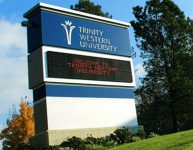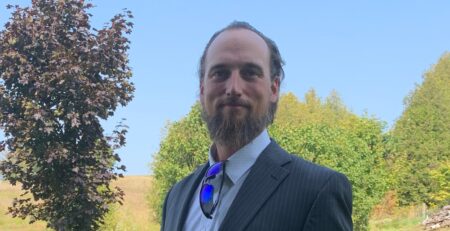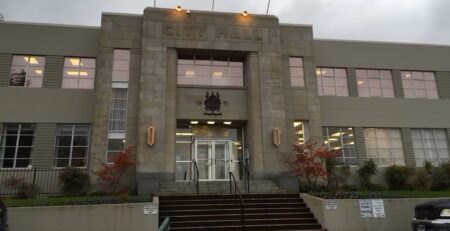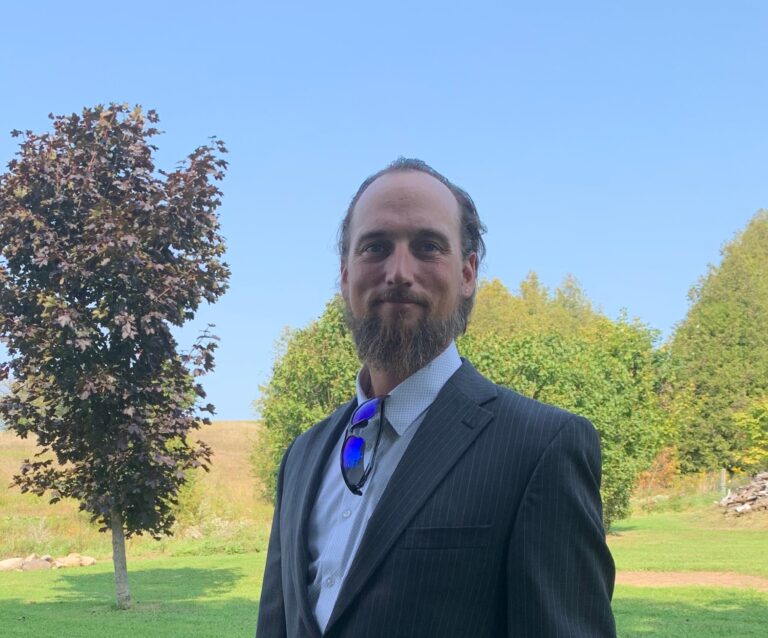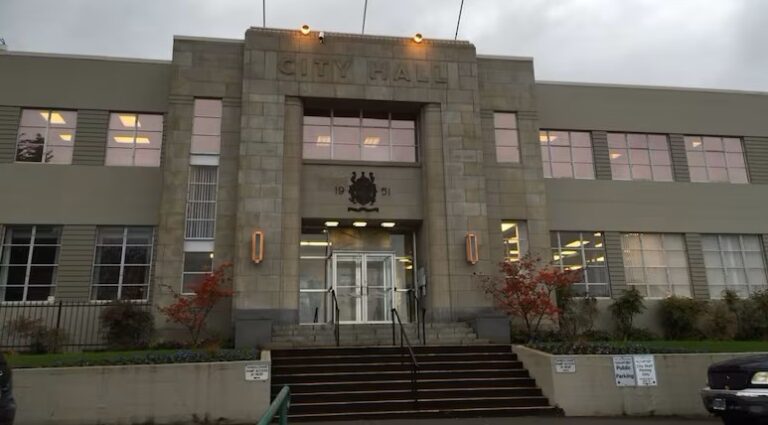News Release
Justice Centre intervenes for freedom of association this week in Trinity Western University v. Law Society of Upper Canada
TORONTO: The Justice Centre for Constitutional Freedoms (JCCF.ca) will appear before the Court of Appeal for Ontario today, to intervene in defence of freedom of association, in Trinity Western University et al v. Law Society of Upper Canada.
Toronto lawyer and Justice Centre counsel Daniel Santoro will present the Justice Centre’s argument in support of the Charter section 2(d) freedom of association before a panel of Justices, along with other interveners, as well as Trinity Western University (TWU) and the Law Society of Upper Canada (LSUC).
This hearing will be held from Monday, June 6 to Wednesday, June 8 in Courtroom 1 of the Court of Appeal for Ontario, located at 130 Queen Street West, Toronto, ON. The hearing is open to the public. The Court will hear argument commencing at 10:30 a.m. on Monday.
The law societies of B.C., Ontario and Nova Scotia have ruled against recognizing the law program of Trinity Western University, a private Evangelical Christian university in Langley, B.C. The Federation of Law Societies of Canada has approved the law program of TWU as meeting academic and professional standards. The LSUC does not allege that there is anything wrong with TWU’s law program, but claims that TWU’s Community Covenant discriminates against the LGBTQ+ community. The Community Covenantprohibits numerous legal activities such as vulgar or obscene language, drunkenness, viewing pornography, gossip, and sexual activity outside of the marriage of one man and one woman.
The Justice Centre previously intervened in this case at the Ontario Superior Court of Justice in May of 2015, to argue for the Charter section 2(d) right to freedom of association, including the right of every charity, ethnic and cultural association, sports club, temple, church and political group to establish its own rules and membership requirements. On July 2, 2015, the Ontario Superior Court of Justice upheld the decision of the LSUC to refuse to recognize the law program of TWU.
“For a free society to remain free, its citizens must accept that other people can and do have radically different conceptions of reality, including unpopular ideas about sexuality. The Superior Court’s decision erred in recognizing a legal right to be free from hurt feelings, which undermines both freedom of expression and freedom of association,” stated Justice Centre president John Carpay.

